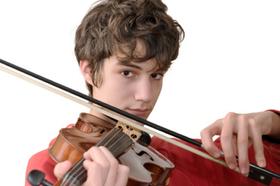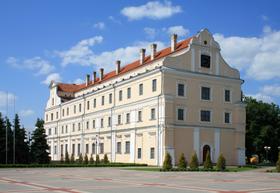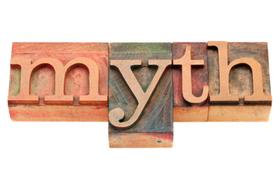From the 1600s to the 1800s there was no such thing as public education. The 12 years of grade school through high school we are accustomed to in the 20th-century did not exist. Small private schools, not public schools, provided schooling for young people.
The Bible was the focus of learning in colonial times. Most lessons were practical ones learned in the home and in the fields. Robert Peterson's article Education in Colonial America explains how education worked back then.
Colonial education
Education in colonial days was quite stratified. Boys learned core subjects such as reading and math. Girls learned the domestic arts. Only white children received an education until slavery was abolished. Teachers were frequently well-intentioned men who themselves did not have much formal education. Yes, back then, most teachers were men. Colonial Era Education in the United States in K12 Academics offers a detailed look at schools in the late 17th and early 18th-centuries. Once again, it is important to note that there were no public schools or compulsory education in colonial America. Schools sprouted up where there was a need for them in the population centers of the day such as Boston and Philadelphia. Otherwise, education took place in the home.
This video offers an overview of education in colonial America.
Religious schools
Religious missionaries of the Roman Catholic Church established the first private schools



















































